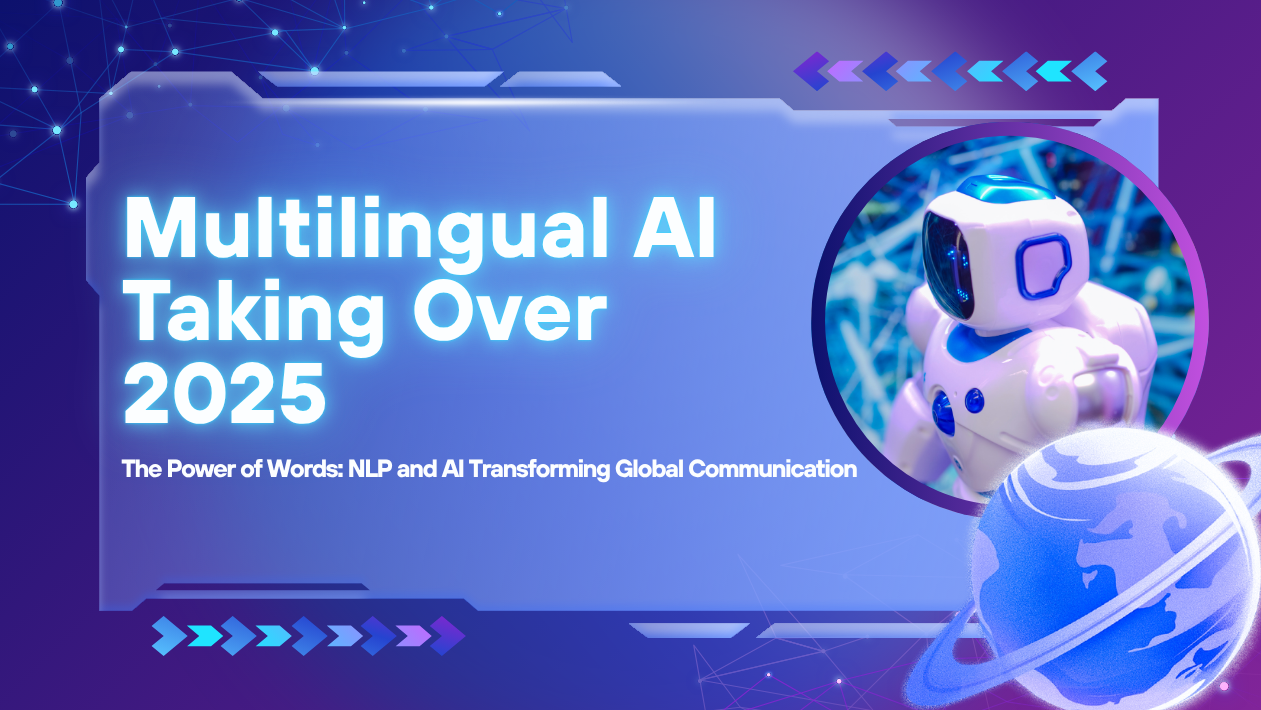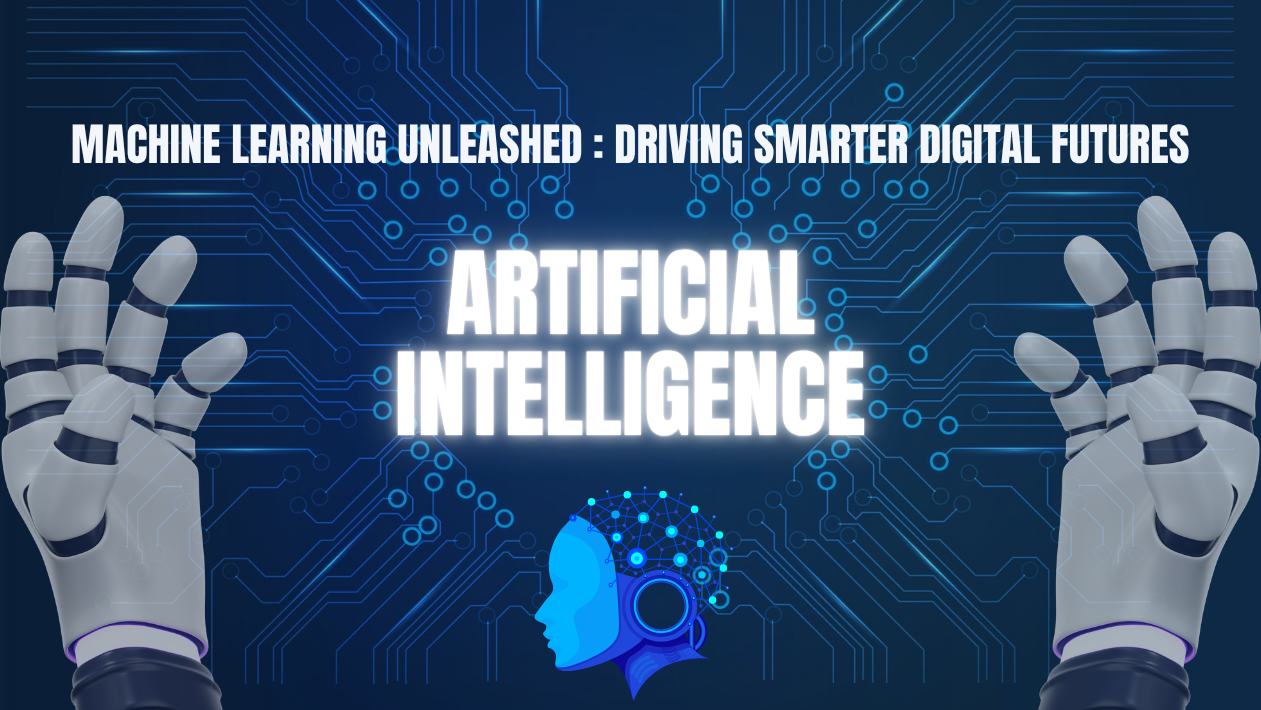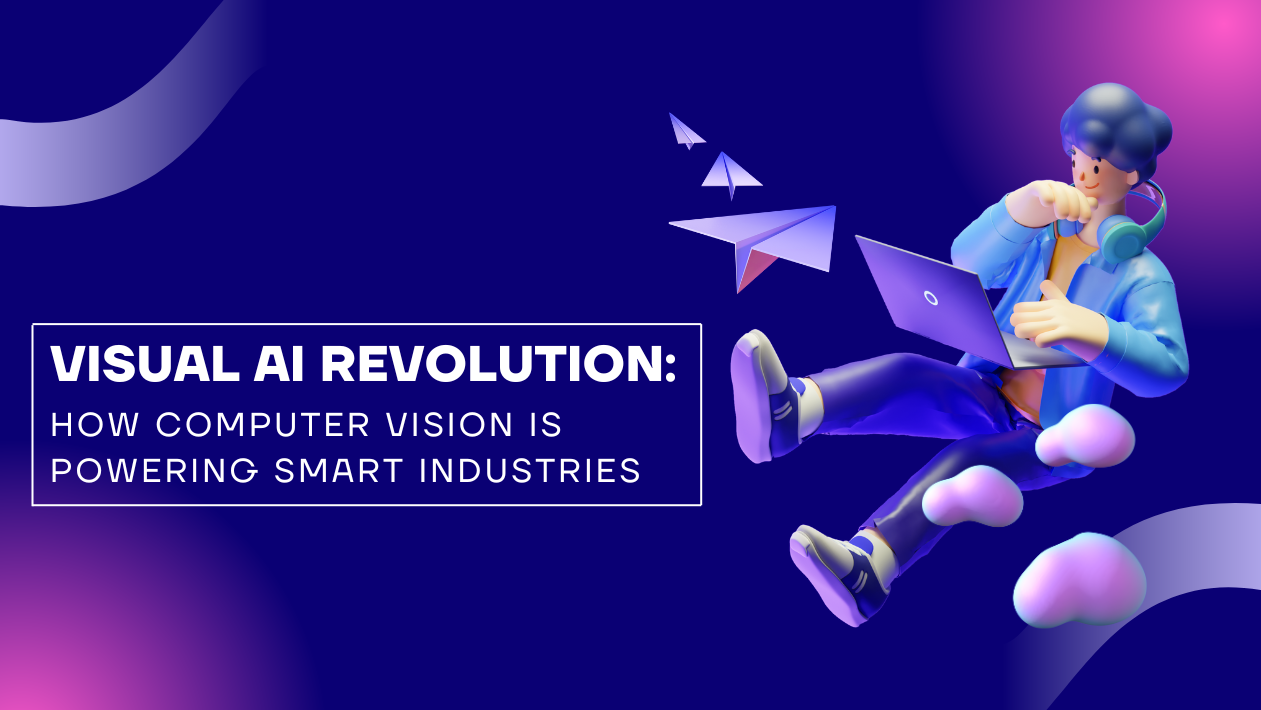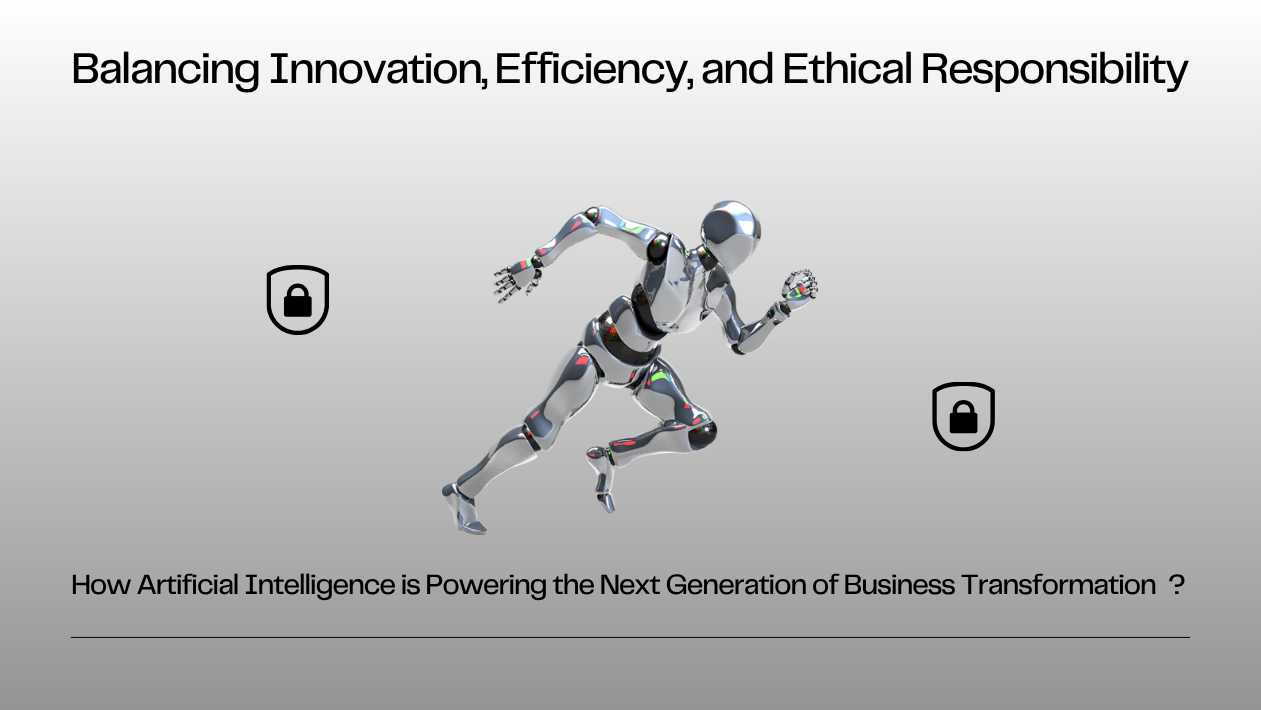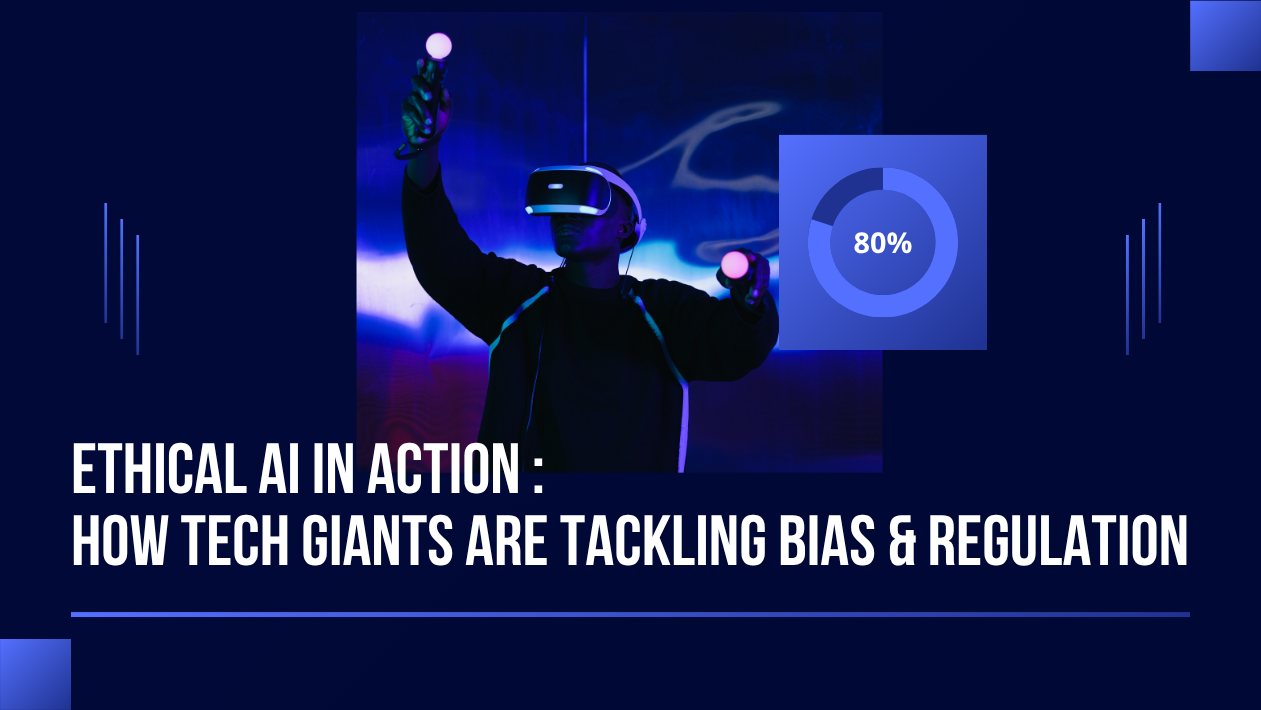Natural Language Processing (NLP) has entered a new frontier in 2025, driving a transformation across industries through intelligent communication, real-time translation, and context-aware AI systems. Once limited to chatbots and sentiment analysis, NLP is now reshaping how businesses interact with customers, manage data, and make decisions.
Generative AI Powers a New Wave of NLP Innovation
The evolution of large language models (LLMs) has pushed NLP into mainstream enterprise adoption. Models like GPT-5, Gemini 2, and Claude 3.5 now offer multimodal understanding, combining text, voice, and images to enable more natural and meaningful interactions.
Organizations are deploying NLP-powered systems for automated reporting, knowledge management, and content generation, cutting operational costs and improving decision-making efficiency.
Real-Time Multilingual NLP Breaks Down Language Barriers
In a globally connected economy, real-time multilingual NLP has become a cornerstone of international communication. AI models can now translate, transcribe, and interpret across more than 150 languages with near-human accuracy, enabling seamless collaboration between global teams and customers.
Enterprises are integrating NLP into customer support, legal compliance, and global marketing—allowing brands to operate truly borderless businesses.
Voice AI and Conversational Interfaces Go Mainstream
Voice-based AI assistants powered by NLP are revolutionizing customer engagement. From banking and retail to healthcare, voice interfaces are now handling complex queries and personalized interactions.
In 2025, AI-powered agents don’t just respond—they understand tone, intent, and emotion, delivering empathetic and contextually accurate responses.
NLP in Healthcare and Finance: Extracting Intelligence from Text
Hospitals, insurers, and financial institutions are leveraging NLP to analyze unstructured data such as medical records, claims, and legal documents. This has led to faster diagnoses, fraud detection, and risk assessment.
For instance, healthcare systems use NLP to identify patient risk factors, while banks deploy regulatory NLP tools to monitor compliance and detect suspicious transactions.
Responsible NLP and Data Privacy Take Center Stage
As NLP models process billions of conversations and sensitive texts, ethical AI governance and data privacy have become top priorities. Regulators in the EU, U.S., and Asia are enforcing AI transparency and auditability laws to ensure responsible deployment of language technologies.
Companies are investing in bias detection tools and privacy-preserving NLP models to maintain trust and fairness in automated communication systems.
The Future: Context-Aware and Emotionally Intelligent NLP
The next generation of NLP aims to go beyond understanding words—it will grasp context, culture, and emotion. With emotion-aware computing, AI systems will soon be capable of adjusting tone, empathy, and style dynamically based on user sentiment and conversation flow.
In 2025, NLP is no longer just about language processing—it’s about enabling machines to truly understand and communicate with humans at a deeply intelligent and emotional level.

